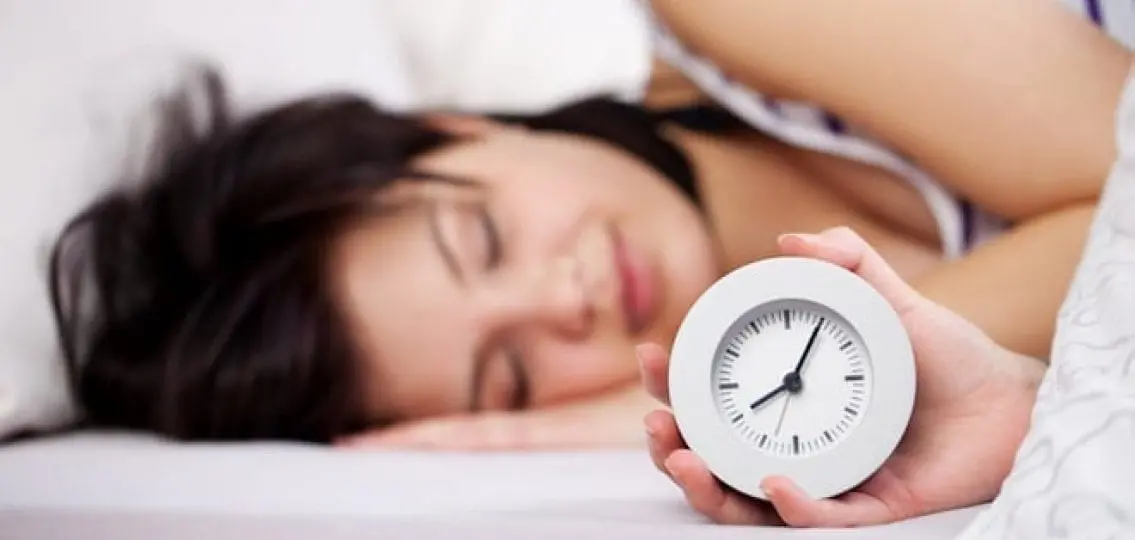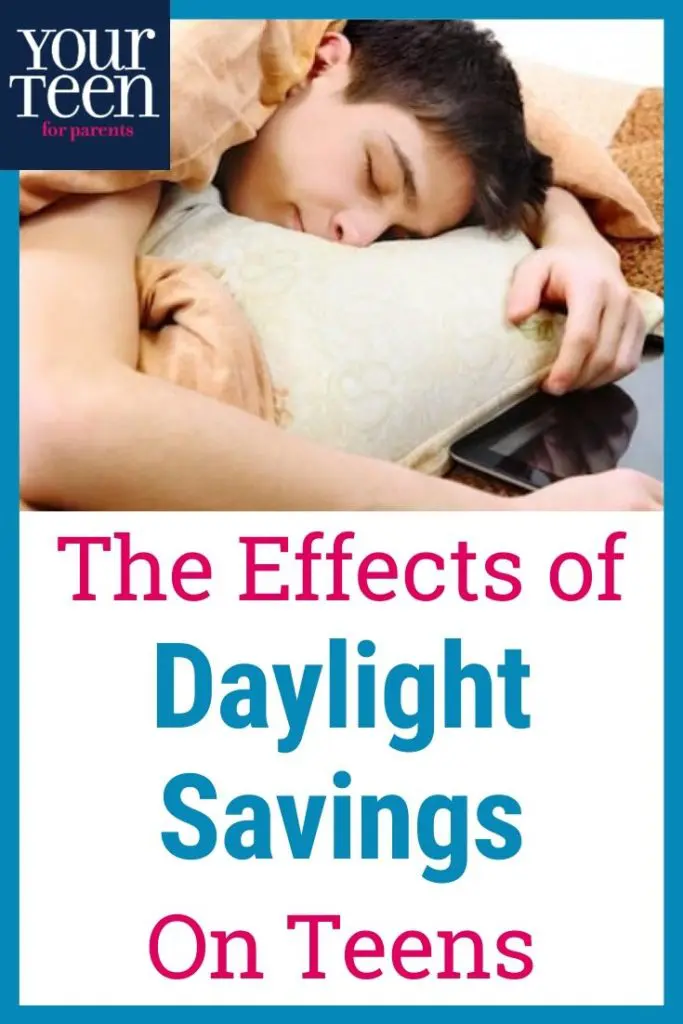Last weekend, the clocks moved forward one hour, which means one more hour of sleep loss for most Americans. For teens who are already sleep deprived (with 73 percent of teens in the United States not getting enough sleep), this change only adds to their significant sleep debt.

Insufficient sleep impacts every aspect of daytime functioning, so adolescents can be more moody, may engage in drowsy driving and experience decreased productivity at school. How can you get ahead of this problem?
To counter the adverse effects of “springing ahead” with Daylight Savings Time, you can try to adjust your teen’s bedtime gradually so that they begin going to bed about 15 minutes earlier for the week leading up to the change. This is a good short-term solution for this particular issue.

One of the biggest reasons, however, is early school start times.
Teens need eight to 10 hours of sleep. To wake for an early school start time, bedtimes would need to be as early as 9:00 p.m. The problem is that when teens go through puberty, their ability to fall asleep early changes. This is due to melatonin, a naturally produced hormone that is released by the brain when it gets dark out. For teens, the release of melatonin is delayed by one to two hours . This makes them physiologically unable to fall asleep at an early bedtime.
Early school start times is a major factor that contributes to teen sleep deprivation. The American Academy of Pediatrics, CDC, and other major health organizations have recommended that middle and high schools start no earlier than 8:30 a.m. Because of their delayed melatonin onset, adolescents are forced to get ready for school, often get behind the wheel of a car, and function at their best during 1st and 2nd period classes when their brain is physiologically asleep.
Delaying school start times has shown to increase sleep duration in teens, as well as positively impact academic outcomes.
In fact, many districts have already changed school start times. For more information or to find out how to advocate for changes in your district, visit www.startschoollater.net.
Meanwhile, it is important to make sleep a priority for your entire family. You can help your teen (and yourself) develop healthier sleeping habits overall.
Make Sleep a Priority: 4 Tips
- Set your teen’s bedtime, and encourage a consistent wake time. Having a set sleep schedule, even on weekends, helps to regulate the body’s internal clock, making it easier to fall asleep and wake up, as well as improve sleep quality.
- Eliminate screen time 30-60 minutes before bedtime. Turning off media is as simple as flipping a switch, but the human brain does not work the same way. It is more like a dimmer switch, and needs a little time to wind down. In addition, not only are electronics stimulating and engaging, the light emitted from tablets, laptops, and phones can further delay melatonin onset, making it hard to fall asleep.
- Create technology-free bedrooms, removing TVs, computers, video games and phones, which can be major distractions and delay sleep. Set up family charging stations, where mom, dad and the kids “tuck in their technology” at night so they are out of reach.
- Brief naps (no more than 45 minutes) after school. This may help your teen be more engaged in activities and improve alertness to complete homework. But if your teen continues to have trouble falling asleep, don’t let them nap!







